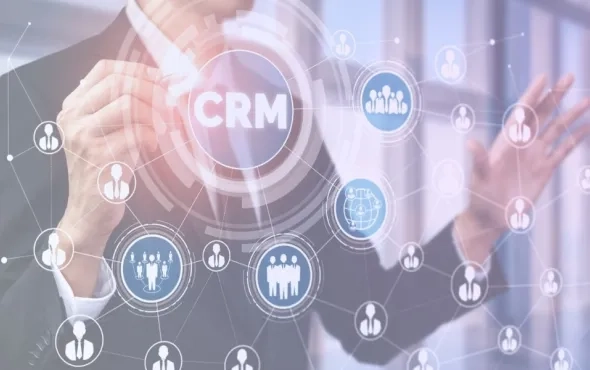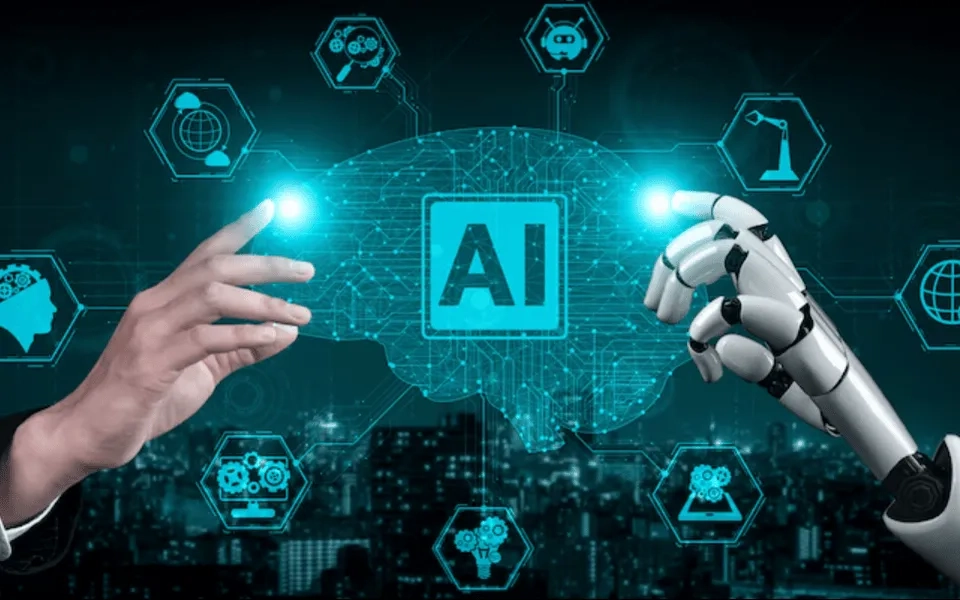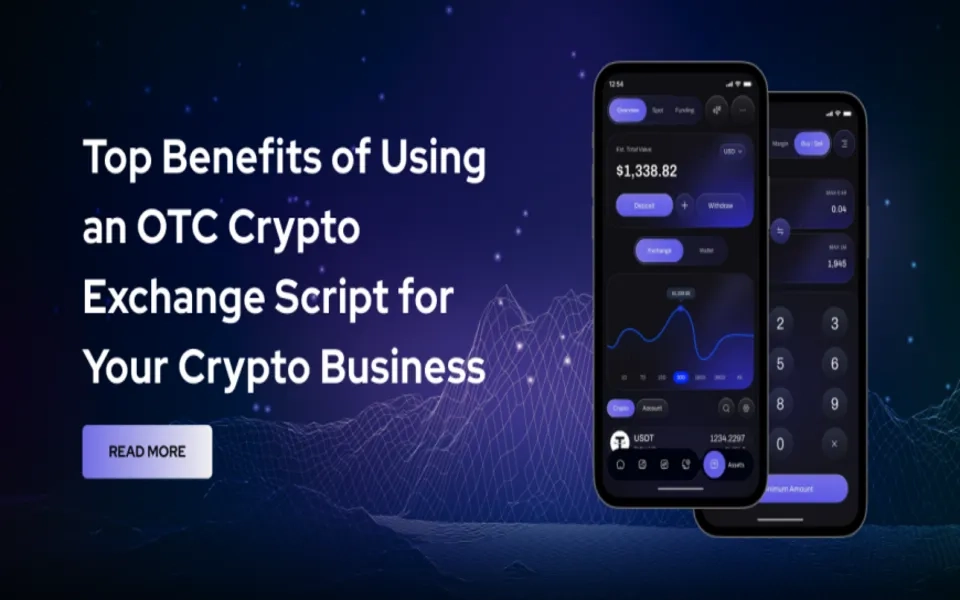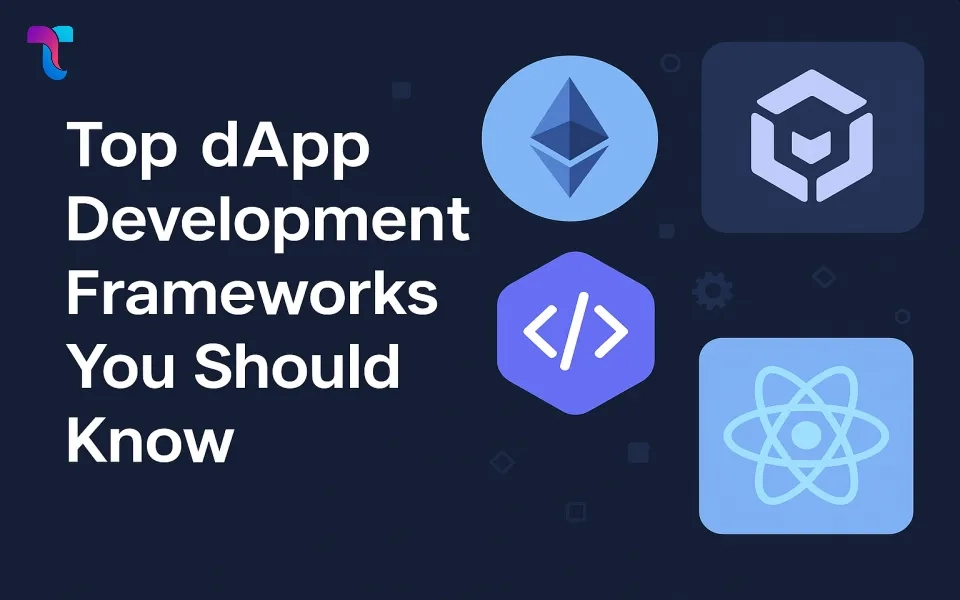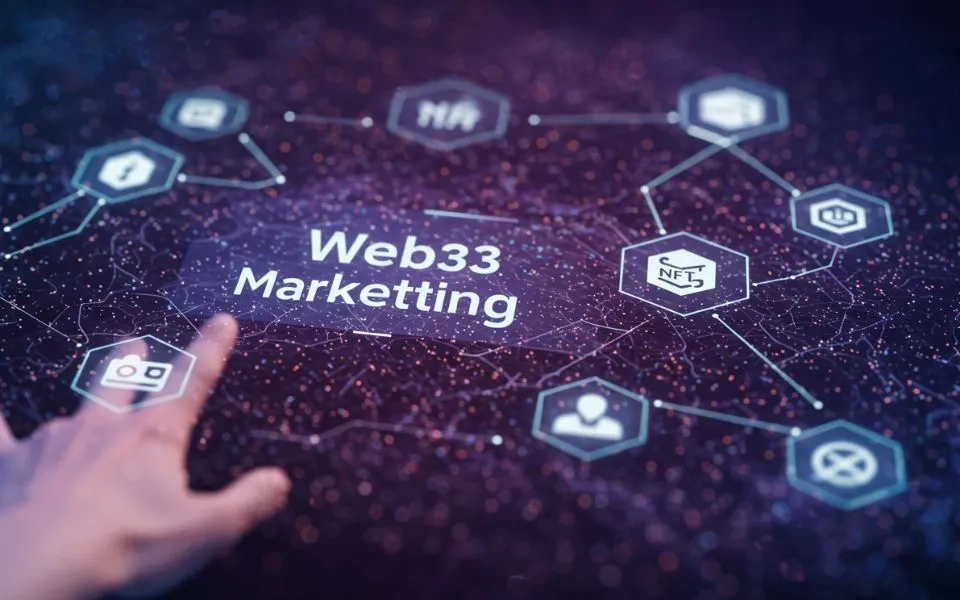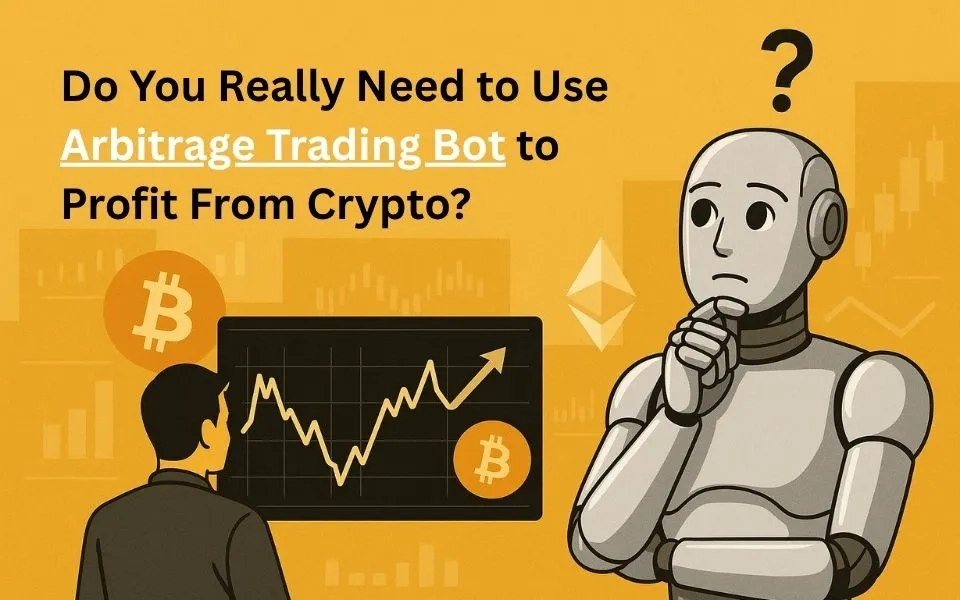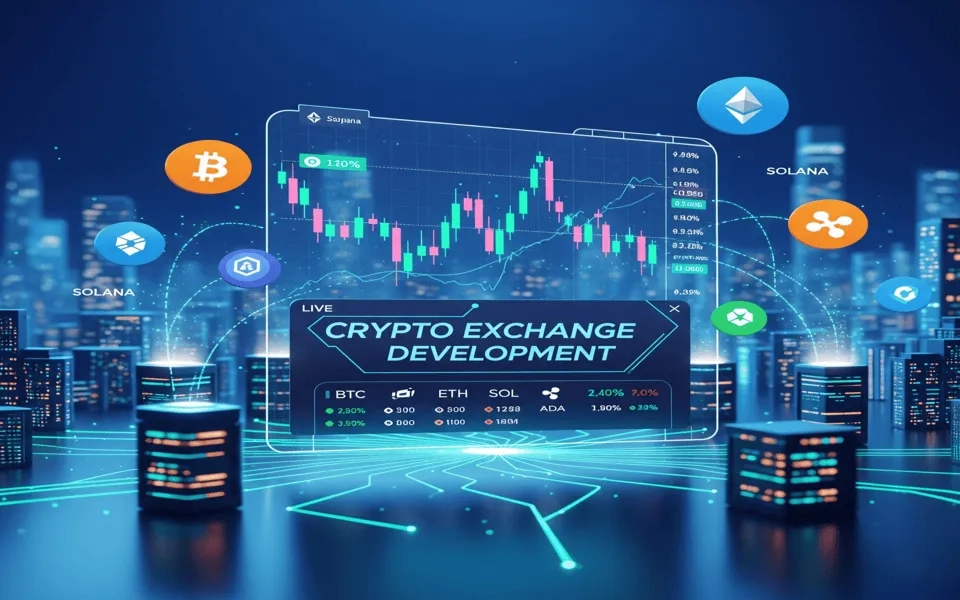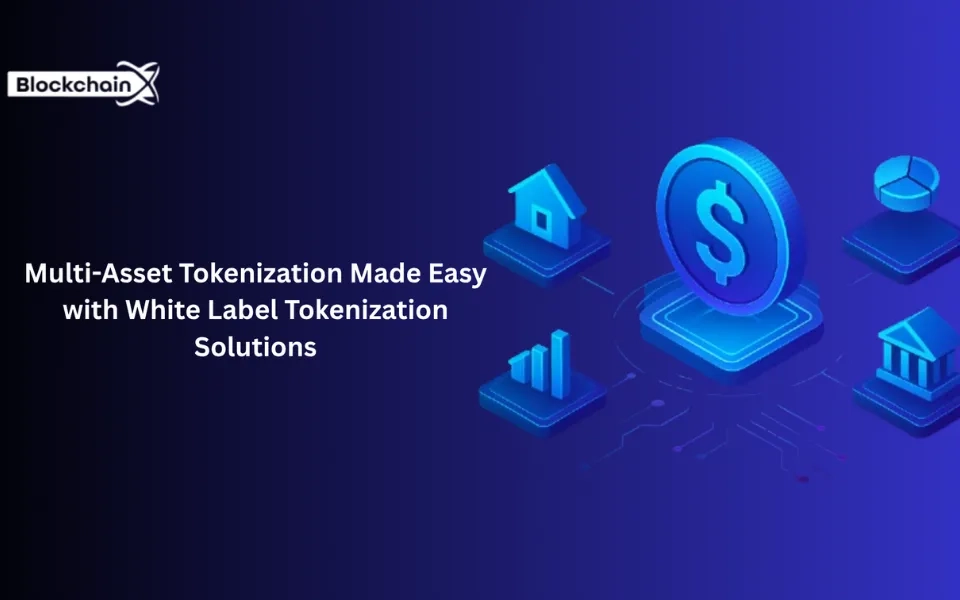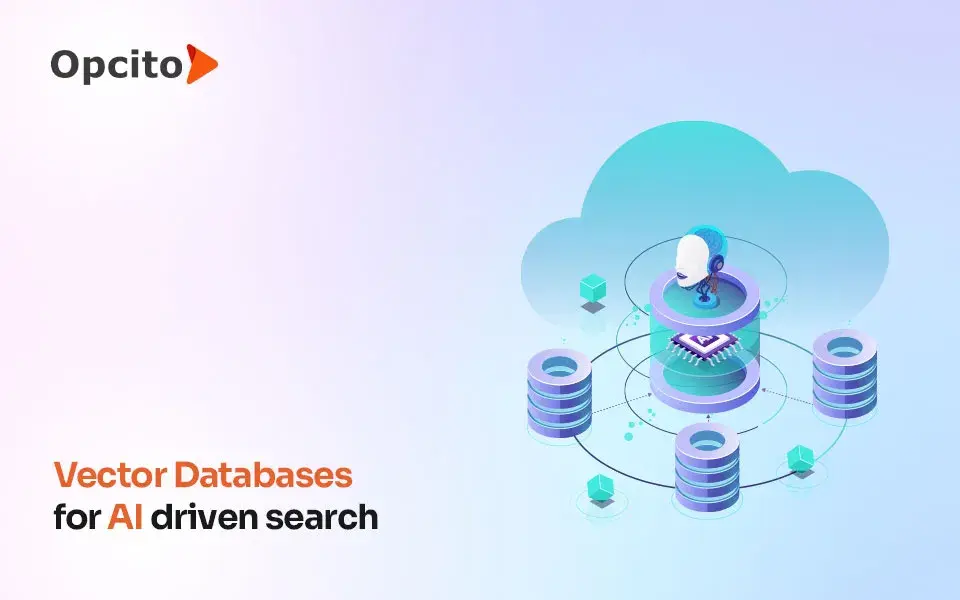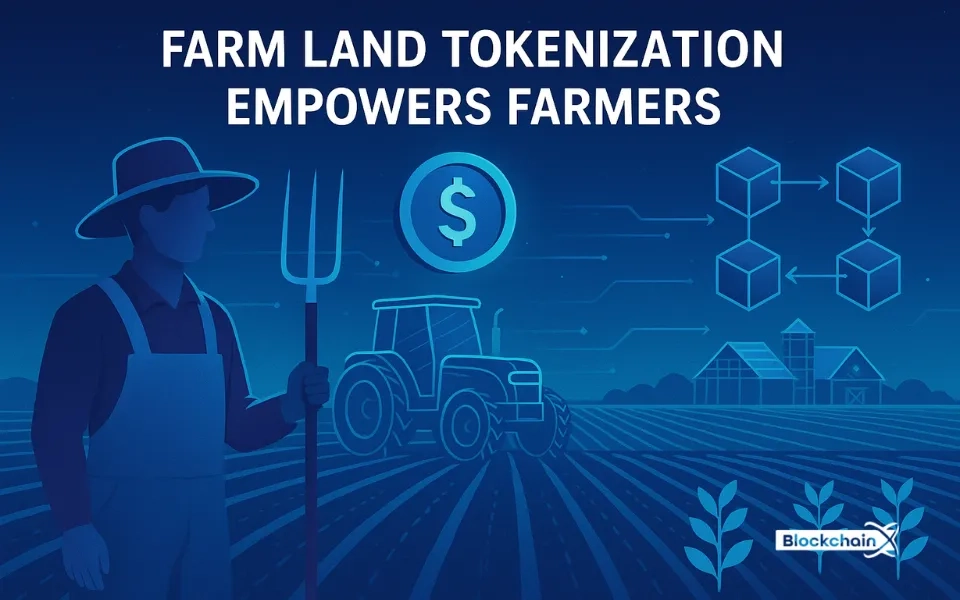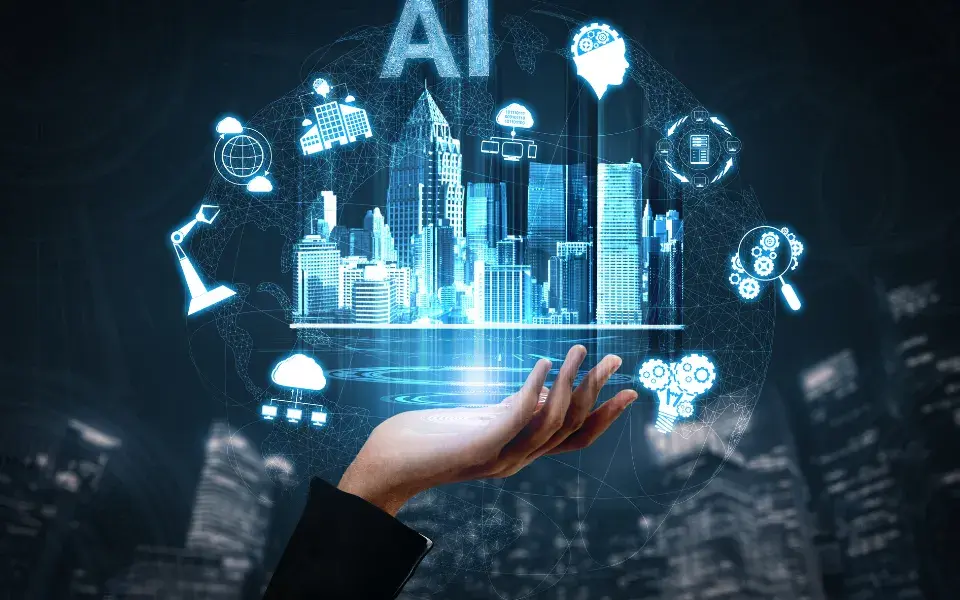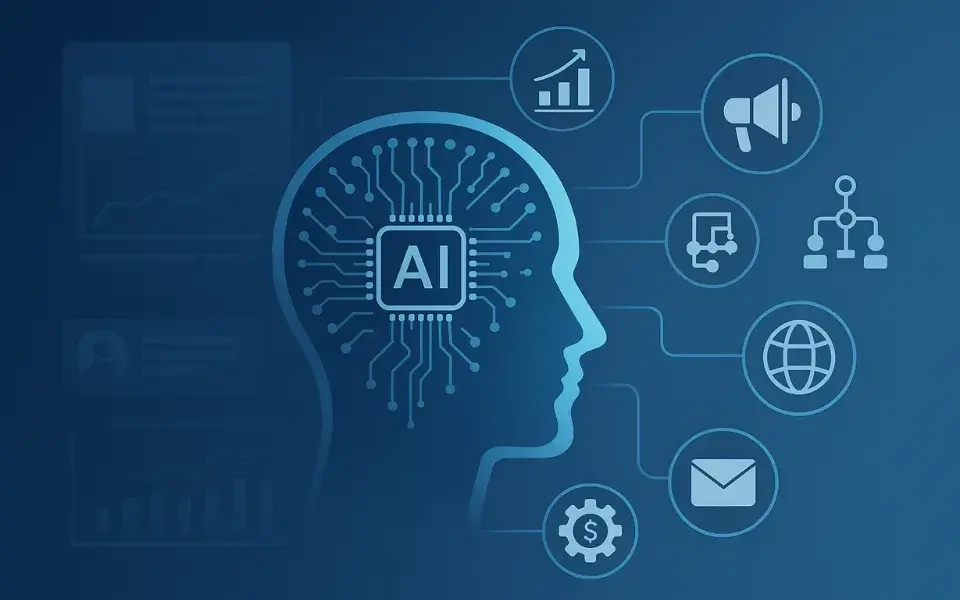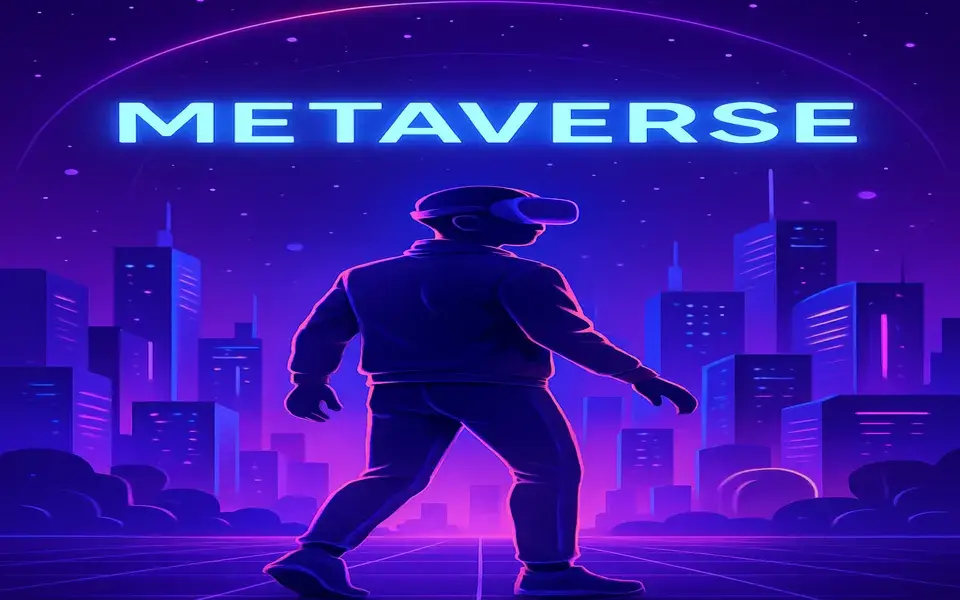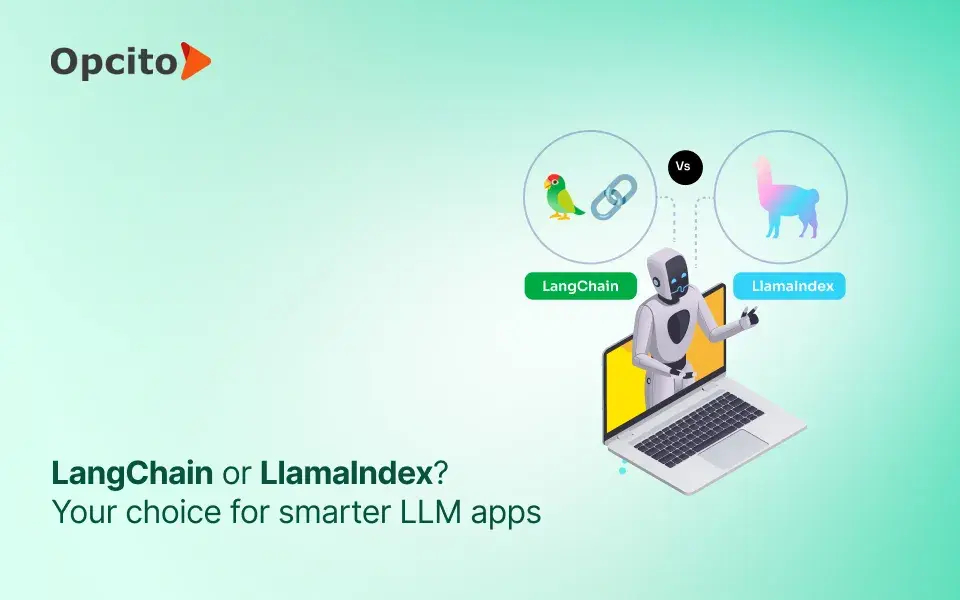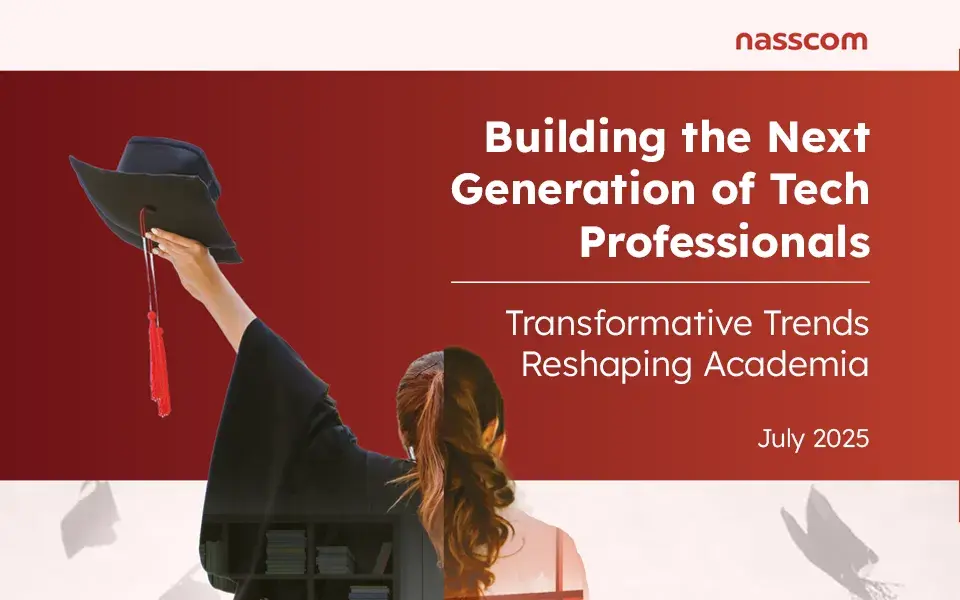The landscape of Customer Relationship Management (CRM) is undergoing disruption with AI agents!
Brief History of CRM Evolution
Enterprise use of CRM software began in the early 1970s. Between 2000-2010 CRM systems evolved from monolithic applications for sales force automation (SFA) to full-fledged SaaS CRM suites that abstracted data standardization and modularity unlike monolithic systems. With this evolution, enterprises began putting customer data to use for business growth, giving rise to customer analytics capabilities. By late 2008-09, classical AI tools applied to unstructured social media data to find new-to-world segments and customer delight opportunities completely transformed the value of a traditional CRM system.
Salesforce incorporated AI into its CRM suite in 2014 with Einstein AI, followed by Microsoft that rolled out its AI-enabled Dynamics 365 CRM in 2018. Classical AI was effective at nuanced and unassumed customer segmentation, dynamic pricing and bundling, and predictive buying behavior insights, but required well-structured CRM data and loads of in-house AI expertise. This dependence got upended in 2023 with Generative AI that abstracts expertise, democratizes access, and bring real-time, multi-channel field context to historical data for enhanced customer-centric insights.
With GenAI-based AI agents now, CRM solution providers are attempting to transform the very architecture of a CRM stack. Organizations will be able to upend function-specific CRM usage to transition to a single view of the customer. All with simple natural language human commands and autonomous agentic execution!
The Pivot to Agent-based CRM Solutions
The fastest pivot to AI agents is being seen in CRM companies already at the forefront of SaaS CRM, namely, Salesforce, Zoho, HubSpot, ZenDesk etc. However, nasscom’s analysis of the nature of partnerships that the tech services industry is forming with these product companies reveals that the industry is not to be left behind in using AI agents in its CX transformation projects. Some major developments in the CRM space include since the beginning of 2025:
- Salesforce’s Agentforce, Atlas Reasoning Engine, Agentforce 2.0 and Agentforce 2dx launches between October 2024 and March 2025.
- HubSpot’s suite of CRM agents – prospecting agent, CX agent, content agent, and the Journey Automation builder platform.
- Zoho’s Zia Agents, Agent Studio, and Agent Marketplace.
- Microsoft’s upgrade of Dynamics 365 with Sales Development Agent and Sales Chat Agent that integrate Dynamics 365 with Salesforce Agentforce.
- Zendesk’s services solutioning pivot from rule-based to action-oriented proactive agents based on OpenAI ChatGPT 4o.
- IBM’s Watsonx Orchestrate platform of general-purpose AI agents customizable for sales and customer service operations.
- Infosys’ Sector Alarm five-year deal in on-prem to cloud-native ERP transformation with unified CRM integration on Microsoft Dynamics 365 leveraging its’ suite of 200+ AI agents and Microsoft sales agents.
- HCLTech’s partnership with Salesforce to Deployed multi-model AI agents capable of handling complex multichannel interactions for financial services clients.
The pivot to GenAI-based CRM agents is based on several evolving factors. Taking Salesforce, Zoho, and Infosys as examples of three distinct providers deeply entrenched in creating optimal enterprise outcomes from CRM investments, let’s illustrate the paradigm of early agentic shifts in CRM solutions.
Emerging AI Agent Capabilities in Existing CRM Solutions
|
Capabilities
|
Salesforce (AgentForce)
|
Zoho (Zia Agent)
|
Infosys (Topaz AI Agents)
|
|
AI/Agent-enabled CRM
|
- AgentForce on Salesforce Platform integrating Customer360, Einstein AI, Atlas Reasoning Engine, Data Cloud, and a Trust Layer
- Hybrid agents – rule-based and GenAI-based
- AI agents embedded within Salesforce workflow automation; custom Agent Builder
- Leads to strong vendor lock-in
|
- Zia AI conversational agent integrated across Zoho suite of CRM, desk management software, and data analytics
- Rule-based chatbots upgradable to GenAI-based depending on subscription
- Modular approach to make AI solutions affordable
- Modularity offers best-of-breed integration
|
- Suite of 200+ general-purpose AI agents deployable agnostic of CRM OEM
- Rule-based and GenAI-based bots with human-in-the-loop application
- Custom, client-specific solutions alongside pre-built agent libraries
- Custom offerings reduce OEM lock-in
|
|
AI Foundation
|
Einstein AI – predictive analytics, NLP/NLG, automated workflows – based on own Salesforce LLM and OpenAI GPT
|
Zia AI – conversational AI, sentiment analysis, automation – based on proprietary NLP and OpenAI integrations
|
Infosys Topaz - generative AI, industry-specific agents made for LLM-agnostic usage
|
|
Data Cloud
|
Single Data Cloud unifies previously distinct Sales, Service, Marketing, and Commerce clouds across sources in real time
|
Zoho’s proprietary cloud infrastructure, as well as on-prem DC support
|
Infosys-Google Vertex AI Cloud integration with custom client data systems
|
|
Agentic Capabilities
|
Independent functional and task-based agents embedded within an orchestrated AgentForce suite to enable high degree of automation
|
Traditional SaaS CRM with AI-driven sales assistants, email automation, workflow bots. Enterprise and Ultimate editions with embedded GenAI agents
|
Highly customizable, general-purpose, task-based AI agents for customer support, sales, and analytics
|
|
Flexibility/
Customizability
|
Low code/pro-code tools, customizable actions & agents, API integration
|
Custom AI solutions via QuickML, custom workflows
|
Highly customizable general-purpose AI agents
|
|
Pricing Models
|
Flex Credit action-based pricing model that works on number of actions performed. Minimum $500 pricing for 100,000 flex credits or 5000 actions
|
Subscription-based pricing with Enterprise and Ultimate options offering Zia AI integration
|
Project-based pricing that is evolving from fixed-cost or time and expense to outcome-based
|
|
Recent M&A
|
Portfolio and capability expansion with enterprise and startup acquisition.
Data focus - Informatica (2025), Own (2024)
AI agents focus – Convergence.ai (2025), Zoomin (2024)
|
Zoho has grown their business software and AI capabilities in-house, with very restricted M&A activity.
Vertical focus – GoFrugal finance software (2023)
|
Infosys strategy relies more on strategic OEM partnerships over acquisitions in the AI solution space.
|
|
Target Audience
|
Large enterprises with cross-leverage across marketing, sales, service, finance, and product R&D
|
B2B offerings for SMB and mid-market businesses, B2C offerings of other productivity software
|
Large enterprises seeking custom AI capabilities integrated into existing CRM applications
|
|
Primary Differentiation
|
- Cloud and AI-native CRM OEM
- Unified Data Cloud and Reasoning Engine
- Integrated Trust Layer
- Retail vertical, marketing campaign management
|
- Integration with ERP and other business productivity software
- Online customer footprint and behavior integration
- Lead management and qualification
|
- Flexibility across customization-to-standardization
- Deeply strategic product OEM partnerships
- Ability to envision large-scale transformations
|
|
The Company
|
~$38 billion global SaaS CRM specialist
|
~$1 billion Indian SaaS CRM company
|
~$20 billion Indian tech services MNC
|
The Outlook on “Agentic” CRM
It is crucial to understand that today’s CRM solutions are Agent-based, or Agent-integrated rather than Agentic. With Agentic, we envision a self-governed multi-agent system capable of agent-to-agent and agent-to-external communication seamlessly without routine human-in-the-loop. For instance, a truly agentic CRM application may dissolve the functional silos of marketing, sales, commerce, and service to fully automate a lead-to-cash process. One step ahead, transform the lead-to-cash as we know to a virtuous lead-to-lifetime value process through proactive design and engineering aimed at reimagining process workflows that intuitively align with customer-centricity to maximize business growth, profits, and brand value. However, there are several roadblocks that need to be ironed out in the making of Agentic CRMs:
- Data ivory towers
- Unclear business ownership of processes and outcomes
- Reliability challenges with existing AI agents
- High cost of AI accuracy and scalability
- Pricing of an agent-based solution (mis of cost of AI agent and cost of human FTE)
- Limited inhouse AI + domain talent
- Ever-changing regulatory environments
- Volatile supply chains
While enterprises struggle with moving AI PoCs to production due to the above challenges, the agentic future is near certain. Only timelines may vary across organizations, and CRM providers that build fungibility across the services-software spectrum will decisively lead the AI-enabled CRM transformation.
Sources: Company websites, public articles, nasscom analysis.




